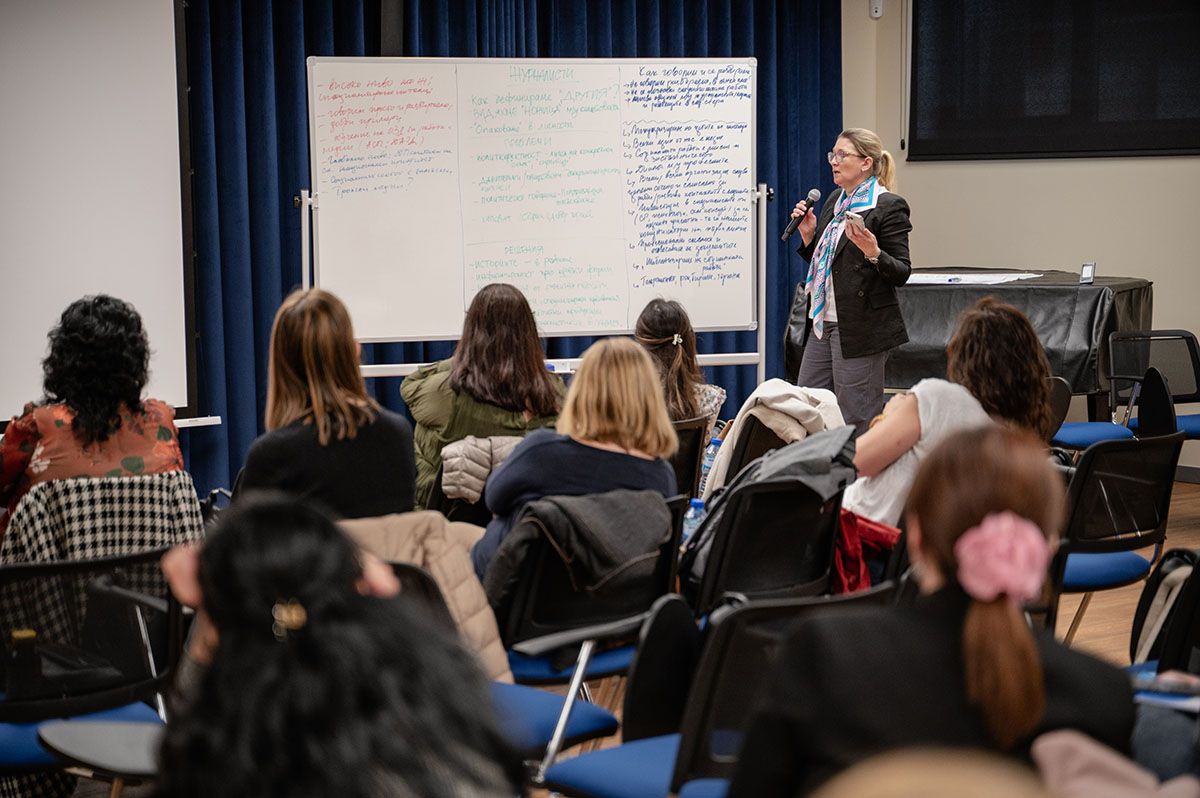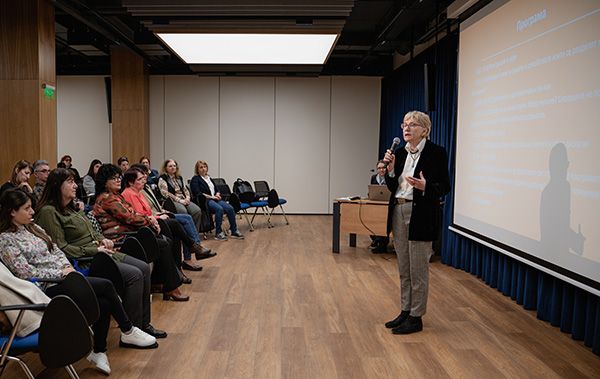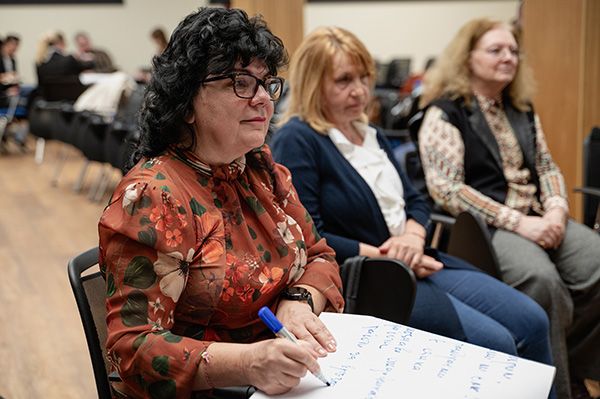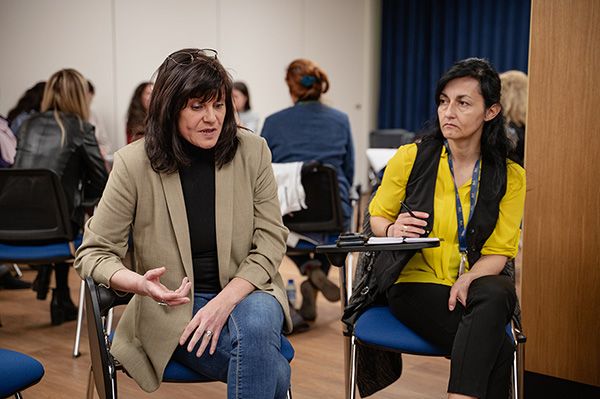
The discussion seminar "Beyond Stereotypes - The Reasons for Separation of Children and Families in Bulgaria", organized by the Childhood 2025 Coalition and the Know-How Center for Alternative Child Care at New Bulgarian University on 12 March, brought together journalists and specialists in the field of child care and protection. The participants reviewed the most important findings of their research on the causes of separation of children and families conducted in 2023-2024.
Achieving better collaboration in developing joint communication initiatives was discussed. Different ideas were also discussed to overcome the challenges in working together in publicising the issue of separation of children and families. In the last part of the event, a workshop on media coverage of a case from practice was held, which was attended by students from the Health and Social Work and Media and Communication departments at NBU.



The focus was on the key role of journalists in presenting the issue of separation of children and families, as they can have a profound effect on public perception and policy decisions.
A number of difficulties in the work of social professionals with the media were also highlighted during the seminar: 1) Lack of knowledge among journalists about the role of the social system and the way it functions. The media often do not understand the specifics of social work, which leads to misrepresentation of issues and problems related to the social sphere; 2) Emphasis on sensationalism. Often focusing on negative examples instead of presenting positive stories and success stories of social work. 3) Excessive political correctness. Avoiding certain issues related to specific ethnic groups or social controversies makes it difficult to discuss important issues and leads to a blurring of reality. 4) Complience with discriminatory attitudes in society. In fundraising campaigns, for example, there are prejudices that prevent fundraising for Roma families, refugees, etc., which further discredit and complicate the work of social workers. 5) Lack of skill in social workers to communicate effectively with the media. This limits their ability to present their issues in an understandable and accessible way.
As a result of the discussions, suggestions for improving social work communication in the public domain were formed:
Building an awareness of the challenges and the proposed solutions have charted a path to better interaction between the Childhood 2025 Coalition organizations and the media, which is essential for effective representation of their mission.